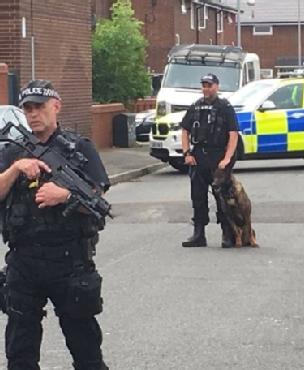Ethics of Policing
Policing is, historically, relatively new. Accordingly, the study of the proper norms governing the police is also a novel endeavour, especially in comparison with the study of the norms relating to other coercive practices - such as war and law.
Professor Christopher Nathan's paper Ethics of Policing explores salient questions in relation to policing, including:
The paper sets out the landscape of ethics and policing, before focusing on:
-
Justifications and definitions of police, especially given the significance of police discretion
-
Entrapment
-
Profiling.
There are also many specific ethical matters to be considered in light of the above, including:
-
Should police be armed, and if so, on what terms are they to use their weapons?
-
How should political protests be policed?
-
What are the proper limits on the actions of undercover police?
-
In what circumstances can police legitimately permit, cause, or commit crime with the goal of preventing further crime?
-
When is it permissible for police to lie?

The paper examines ethical policing questions, including justifications and definitions of police
Clearly, one cannot attend to one of these two categories of question without touching upon the other.
A theory of the function or justification of policing will have implications for matters of practical policy, and a view on practical matters will draw upon, reveal, or support a broader theory. In this article we first look at the range of justifications of policing in general, noting the importance of police discretion, before moving on to two more specific controversies about police practices: profiling, and entrapment. An annotated bibliography follows.
